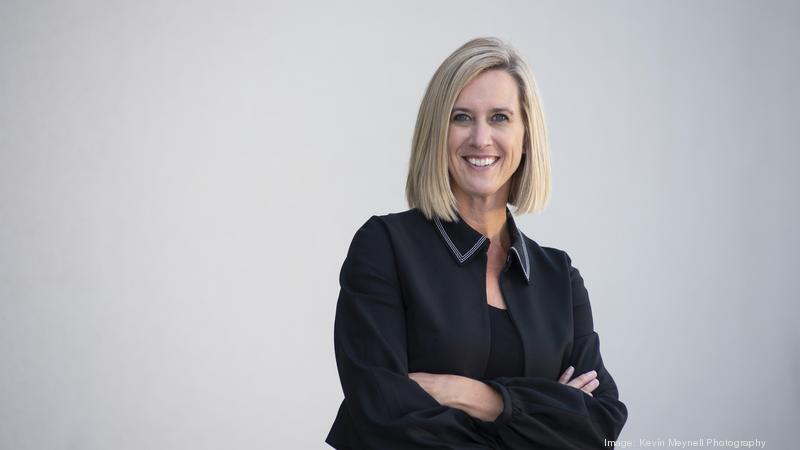


He also learned about “chemo-brain,” a mental fog related to cancer-treatment that can cause cognitive impairment or dysfunction. Studying chemistry, he says he focused on the “chemo” part of chemotherapy, taking advantage of Harvard’s medical library to learn all he could about his cancer and treatment, as well as medicine and psychological factors. While his doctor delivered the bad news about cancer, he said the good news was that Whitener was in Boston, home to the Dana Farber Comprehensive Cancer Center, which is where he sought treatment. It is very disorienting, and one tends not to hear much for a while.” Whitener’s world went, as he put it, “BOOM!” As he explains in his Chronicles: “Being told you have cancer is like having a shotgun go off near your head. Mark Whitener was 27 when he was diagnosed with non-Hodgkin’s lymphoma and lost his hair due to chemotherapy. “Of all the words one would care to hear from a man with a knife to your head, that ranks pretty low,” Whitener says, adding that the doctor became nervous and engaged him in small talk. During the surgical procedure, however, he heard, “Oops.” The doctor told him it was a cyst that could easily be removed. But then the “pimple” grew to the size of an English pea and soon classmates were asking if he’d bumped his head. He was healthy and had no family history of cancer, so that never entered his mind. While in graduate school at Harvard University, he noticed what he thought was a pimple on his right temple. “You have a risk of one in 2.5 – or two out of five people – of getting cancer,” he says, telling the mostly college-age crowd, “Most cancers are in older people.” He also shares that “cancer is not one disease there’s a hundred different cancers” and American Cancer Society statistics on various types of cancers among Americans, as well as survival rates. “I’m going to say some scary things during this talk,” he says before adding, “Everyone in this room has a cancer cell in you right now…but you also have an immune system.” Mark Whitener’s cancer talk was attended by faculty and students, who listened attentively. With that he launches into his introduction of how cancer cells grow and spread, chemotherapy treatment and his personal bout with non-Hodgkin’s lymphoma as a case study. I’m an example of a successful, positive outcome from cancer.”

“Cancer is bad but there are some good stories. “I like it being messy because going through cancer is pretty messy,” he says. He explains that his presentation, which includes handwritten slides and cartoon-like drawings, is messy and not polished and that the 62-year-old will be turning 35 because he celebrates his “second birthday” from the last day of his chemotherapy treatment. Displaying a photo of himself as a young bald man, he says, “Most of my hair is gone due to male pattern baldness but I was 27 years old when this happened…because I had cancer chemotherapy.” Whitener’s background as a chemist and cancer survivor gives him a unique perspective, one he’s also documented in his online “ Cancer Chronicles,” which he wrote 10 years ago to mark 25 years in remission and to serve a wider, non-academic audience.Īt the outset, Whitener’s straight talk and humor, something that he, like many people faced with a serious diagnosis, adopted as a coping mechanism, are evident. Whitener, now in his 30th year at Montclair, recently shared his cancer journey in a classroom in Richardson Hall and via Zoom with an audience made up of chemistry and biology students, faculty and the public. This year marks his 35th year cancer free. Posted in: Homepage News, Science and Technology Associate Professor Mark Whitener, using himself as a case study, shares his personal insights about cancer, chemotherapy and more.Įvery five years, to celebrate another milestone anniversary of being cancer-free, Chemistry and Biochemistry Associate Professor Mark Whitener gives a talk titled “Cancer Chemotherapy through the Eyes and Veins of a Chemist” at Montclair State University. Every five years, Professor Mark Whitener uses himself as case study to impart lessons on disease, chemotherapy and life after cancer


 0 kommentar(er)
0 kommentar(er)
